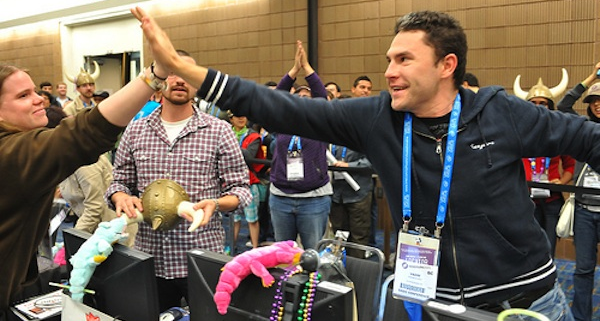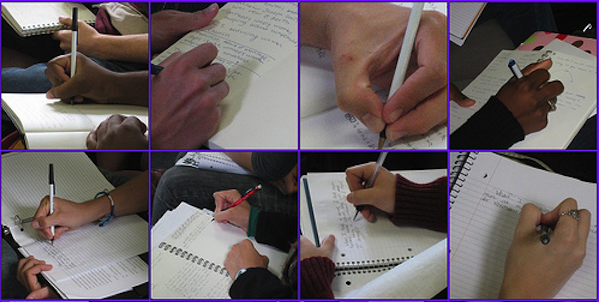dmlcentral.net
Participation, Technology, and the Power of Sharing
This year’s convention of the Association for Computing Machinery’s Special Interest Group on Graphics and Interactive Techniques (SIGGRAPH) attracted more than 20,000 programmers, artists, researchers, filmmakers, and gaming professionals - as well as students and academics from almost 80 countries. Apparently SIGGRAPH is also promising to transform contemporary education.… more
Call for Papers: Digital Media & Learning Conference 2011
Professor Katie Salen is Chair of the Digital Media & Learning Conference 2011. Her work at the innovative Quest to Learn school in New York City has been featured most recently in The New York Times Magazine.
As temperatures begin slowly to abate from the rather uncomfortable heights of a long Brooklyn summer I find I am already anticipating an escape from winter. An escape that will be made possible by the second annual Digital Media and Learning conference, to be held in sunny Long Beach, Mar. 3-5, 2011. It may seem strange to speak of the significance of the conference in this way, tied, as it were, to a seasonal escape from the cold. But the conflicting nature of arriving in Los Angeles in March with a useless parka in tow does offer a most welcome change in perspective. This year’s conference, Designing Learning Futures, is in some ways well suited to themes of conflict, change, dislocation, and shifting perspectives, whether engendered by travel via plane or digital networks. The changes brought about by the accessibility of digital and networked tools for young people have been the cause of both concern and celebration, and have undoubtedly demanded a transformation in how we think about, and design for learning.
… more
Digital Media and the Changing Nature of Authorship
Students spend a lot of time writing. Most everyone vividly remembers writing essays for school, and, for many, those memories are not necessarily pleasant. Talk of writing in the classroom often dredges up images of empty pages yawning to be filled, writer's block, and a general uneasiness with the idea of writing in general. The papers we wrote were typically read only by our teachers, and maybe our classmates, after which they disappeared never to be seen again. In Literacy in American Lives, Deborah Brandt explains the origin for some of these uneasy feelings, noting that in her interviews with American families she found that parents tended to encourage their children to read, associating reading with social mobility and learning, while at the same time the act of writing was discouraged and generally associated with shame and fear. Very few of her subjects, many of whom wrote in private, were willing to identify themselves as writers or were comfortable talking about their writing with their families and friends. Brandt's research was limited to American subjects, but she connects this legacy of shame about writing to a history of cultural control, in which governments and churches sought to actively suppress writing instruction, along with the dissent and rebellion that often accompanied public authorship. Despite our dislike for writing in the classroom and the complicated history of writing, people are writing now more than ever.… more


